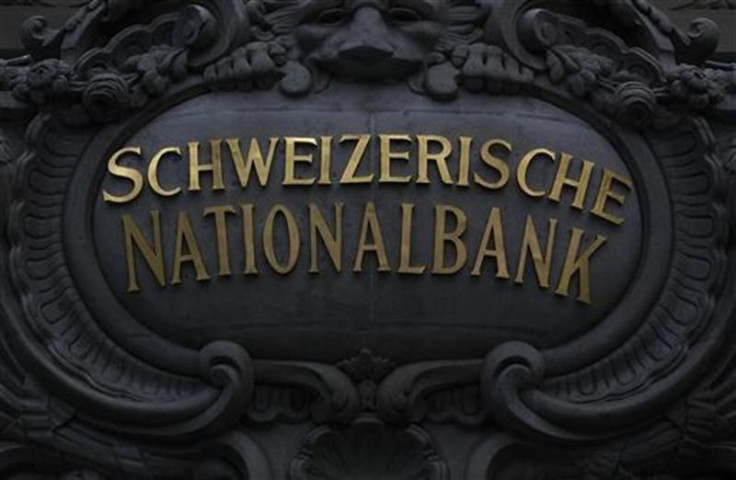Can Swiss National Bank Rescue Switzerland’s Economy?

Though the Swiss National Bank has pledged to maintain its extremely supportive policy stance keeping interest rates as close to zero as possible, the Swiss franc is much too high for exporters' comfort, according to Capital Economics.
Going by the report of Capital Economics, the SNB struck a cautiously optimistic tone regarding the economic outlook by revising its forecast for Swiss GDP growth this year, up from 0.5 percent to 1.0 percent.
The domestic economy is in relatively good shape, with unemployment at just 3.1 percent. Spending power is being boosted by falling prices related to the franc's strength and low public sector debt means that fiscal tightening is unnecessary.
However, on the negative side, Capital Economics points out that the still high level of the franc and weakening demand from the eurozone are hurting exports. Roughly half of Swiss exports typically go to the eurozone.
Capital Economics adds that with the effects of the economic downturn and the strength of the franc offsetting the impact of the recent rise in oil prices, the SNB reduced its inflation forecast for this year from -0.3 percent to -0.6 percent. Next year, it envisages inflation of around 0.3 percent, which is fractionally lower than the previous forecast of 0.4 percent and far below its price stability ceiling of 2 percent.
If markets' positive response to the latest Greek bailout is sustained and fears of contagion to other eurozone economies ease, franc will depreciate somewhat in time. However, Capital Economics views that eurozone policymakers' latest actions are doing nothing more than buying some time to suggest that this is unlikely.
Jennifer McKeown, Senior European Economist of Capital Economics, says that even if the SNB does eventually lower the ceiling for the franc, it might struggle to fight against market forces indefinitely.
Capital Economics has forecast that the franc will reach parity with the euro in 2013. This, and the weakness of demand from the eurozone, will weigh on the Swiss economy and it is anticipated that GDP will stagnate this year and perhaps fall by 0.5 percent in 2013.
© Copyright IBTimes 2024. All rights reserved.











